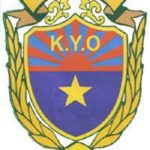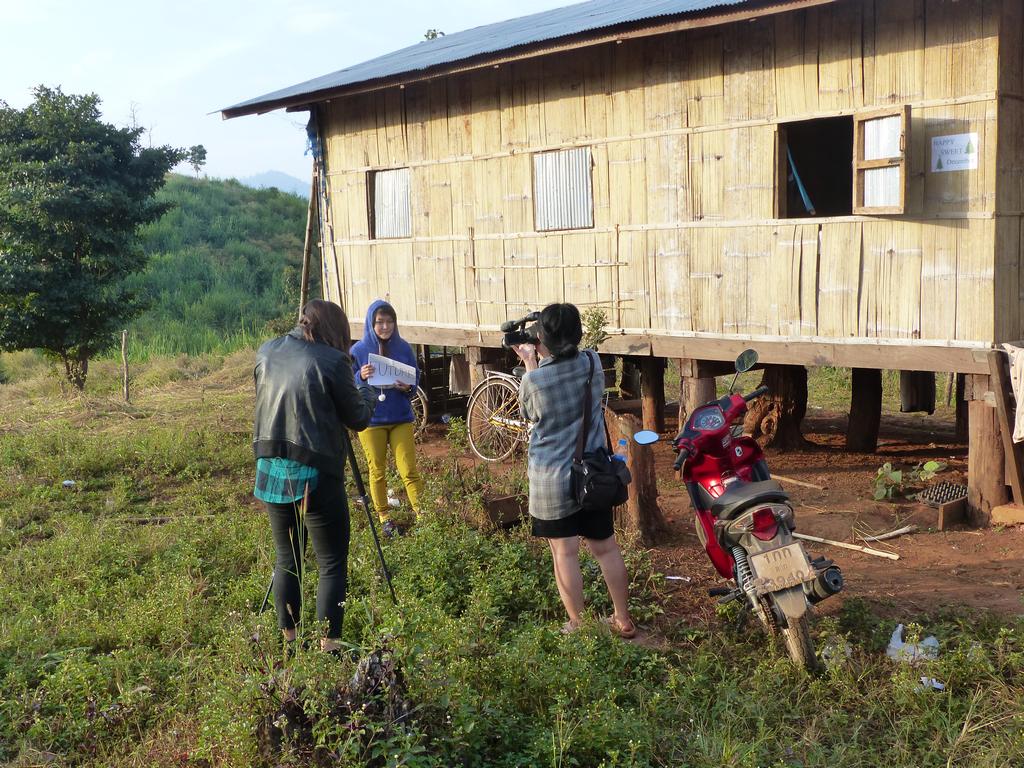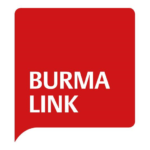“Unrecognised Leaders, Tomorrow’s Hope” was produced as a visual advocacy tool for ethnic refugee youth from Burma to use in their local, national, and international advocacy.
The idea for the documentary project was born in 2016 as Burma Link had the necessary resources for filming and production. Based on our positive experiences working with refugee youth along the Thailand-Burma border for years, we decided to focus on creating a film that would amplify the voices of the youth, share their stories, and enhance national and international awareness and support for the realisations of social and political aspirations of the youth.
The central role of education in the film grew organically during the filming and interviewing process, as did the youth’s strong pleas for national and international actors to recognise and support their education. There is no doubt that these youth are eager to have their voices heard, and are serious about being included in political processes and advocacy.
The project was planned and conducted in close collaboration with two local youth organisations: the Karen Student Network Group (KSNG) and the Karen Youth Organisation (KYO). We also partnered with the Asia Pacific Refugee Rights Network (APRRN) and Right to Play who support the distribution and advocacy of the film. The filming and production has been 100% done by unpaid Burma Link volunteers. We are extremely grateful for everyone who gave their time and resources for this project, with hundreds of hours of unpaid work time. Countless hours have been spent in the evenings and weekends to meet deadlines, and filming days sometimes ran from before sunrise to late at night.
Most of all, we are extremely grateful and proud of the youth who openly and courageously shared their opinions, lives and dreams with us and the world. We also thank everyone who gave an interview or comment for the film, everyone who gave suggestions during the planning and production process, and everyone who encouraged us to keep moving despite our limited resources.
THANK YOU.
Risk analysis
Burma Link’s team members involved in planning the project all have years of first-hand experience from the Thai refugee camps and working with young refugees. Over the years spent along the border area and in the refugee camps, we have developed a thorough understanding of the security context and how it has changed over time. This context has been given serious consideration ever since the beginning of the planning process, and appreciating its complexity and state of constant flux, we started the planning process by arranging meetings with central actors including various local organisations. Considerable time was spent in considering the security aspects about this project before the filming started.
Burma Link also has a strict policy to place the people and ethical considerations above anything else in everything that we do. Everyone taking part has been clearly explained about the project and that it will be spread to local, national and international audiences as widely as possible. Everyone taking part has been given the option to be anonymous and unidentified.
Despite our extensive experience working with refugees along the border, we faced multiple challenges during the filming process. It was, at times, no easy ride, but it was worth every minute.
Historic opportunity
With the National League for Democracy (NLD) coming into their first year of transition, there is a lot at stake in terms of changing political and social movements. The youth ethnic voice represents a story that has been seriously under addressed and we look forward to initiating this process to encourage more support for ethnic youth leadership, education, and political inclusion. This project takes place at a time when the Asia Pacific Refugee Rights Network (APRRN) is initiating its first ever Youth Working Group, which brings together youth from the region to collaborate on regional refugee rights advocacy. Refugee youth from the Thailand-Burma border have a unique opportunity to participate and become regional rights advocates. This documentary amplifies their voices on a regional level and will bring their voices to local and international arenas.
Objectives of the project:
- Solidify the connections ethnic youth have to their communities;
- Promote and enhance international awareness and support for the realisations of social, economic and political aspirations of ethnic refugee youth from Burma;
- Consult and include refugee youth on topics they are most passionate about voicing and share their journey on what inspired them to take action;
- Emphasize the background on the current refugee situation to highlight importance and urgency of the documentary, including cultural obstacles that limit youth inclusion in the decision-making process;
- Amplify the voices of refugee youth and empower them to advocate for change that they are most passionate about, including the potential to voice their concerns on national and international platforms with stakeholders.
Recommendations based on the youth voices:
- National actors and civil society: Include representatives from youth organisations as participants in decision-making and stakeholder meetings;
- National actors: Allow for flexible pathways for refugee students when formulating the Higher Education Development Plan;
- Institutions in Burma: Recognise refugee education;
- Institutions in third countries: Recognise refugee education;
- Donors: Support refugee education until a meaningful volunteer repatriation is possible, including refugee education having been recognised.
About the Organisations
Burma Link advocates for the rights of Burma’s marginalised ethnic nationalities and displaced conflict-affected communities. Burma Link amplifies the voices of these disempowered and disenfranchised populations and projects them into local and global conversations to ensure that the re-building of Burma includes the diverse and unheard perspectives of the conflict-affected communities on the ground.
 Karen Student Network Group (KSNG)
Karen Student Network Group (KSNG)
The KSNG is an independent student group with over 15,000 members who mostly live in Karen refugee camps in Thailand. The KSNG’s mission is to create better understanding among Karen student and youths for united political goals and objectives, so they will be prepared to lead the Karen people toward a just, democratic and prosperous Burma. The KSNG empowers Karen youths by organizing various activities and providing crucial services.
 Karen Youth Organisation (KYO)
Karen Youth Organisation (KYO)
The KYO helps young Karen to develop their potential to work in and on behalf of the Karen community. The KYO provides training in education and formation of youth leadership & management, social protection, community development, political education and other relevant programs within the Karen community to ensure that local needs are met by local solutions. Their main goal is to empower and equip youths with skills which will enable them to respond to the ever-changing needs of the community.

